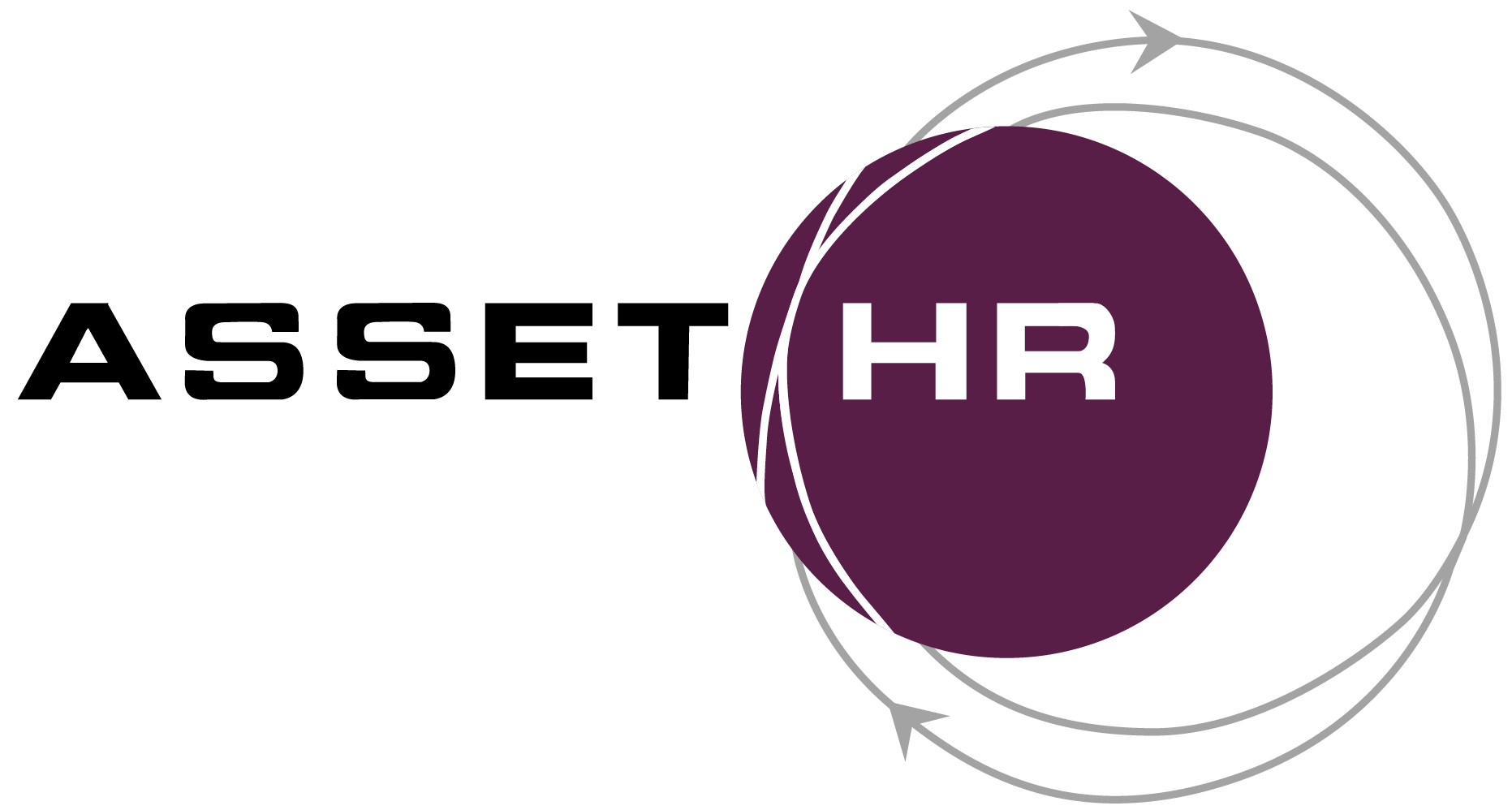Talent and Leadership Trends in 2022

Though COVID-19 was not the sole cause, the pandemic has undoubtedly been the catalyst for recontextualizing the current state of work in the US.
As workers sheltered in place and considered what they wanted from their lives, many found that they were unhappy with their jobs and resigned to look for better opportunities.
As a result, the US job market is currently in the midst of the Great Resignation, an unprecedented worker shortage, as millions of Americans leave their careers behind to pursue other passions.
Companies must pay attention to this trend to remain relevant in this new era of work. As we move more firmly into this “new normal,” leadership will need to adjust their practices to keep up with the priorities of their prospective employees.
Here are some leadership and talent trends that businesses can expect to see in the coming year:
Rethinking How and Where We Work
The traditional concept of the office may be headed out the door: allowing work from home will be one of the more popular retention trends in 2022.
In the past, businesses have been resistant to the idea of remote work, citing security and productivity concerns, but the pandemic forced a nationwide trial run of remote options.
Now that there is data proving productivity doesn’t decrease in a remote setting, many workers are demanding work from home as a non-negotiable aspect of job offers.
Leadership will need to fully engage with virtual meeting software and remote performance analytics to support their remote teams properly.
Mental Health Considerations
“Burnout” was a popular buzzword during the first few months of the pandemic. Many people were feeling isolated by a sudden transition to working from home, and companies made a considerable effort to support their employees’ well-being.
Now that the pandemic is more familiar to us, workers are pushing their workplaces to continue that support. Managers will need to bring that same energy into next year, as recruiting trends will show talent moving toward positions with mental health benefits as part of the total benefits package.
Considering New Talent
In the past, businesses have limited themselves to talent with specific qualifications, most notably a four-year degree. But because of the shift caused by the Great Resignation, fewer people will have the experience and advanced degrees desired by companies.
In order to keep up with these changes and avoid a general labor shortage, companies are going to have to relax some of these requirements, and provide ongoing learning and professional development opportunities for their staff to help them level up in their role.
Work/Life Balance
Employment has been recontextualized for many in the pandemic; instead of pursuing lifelong careers, workers are more interested in finding jobs that will give them the means to pursue their hobbies and passions.
Recruiting trends show workers gravitating toward jobs that value work/life balance. When looking for new talent, management needs to display an understanding and respect for their employees’ personal time and to implement work boundaries.
Upskilling Current Employees
Let’s face it: employees are the bread and butter behind any corporation, and in the wake of the Great Resignation, companies are seeing unforeseen levels of employees leaving their organizations.
Many companies are feeling the sting of losing their workers. To combat this, businesses need to invest time and money into their remaining employees.
Offering professional development programs and mapping out courses to teach higher-level skills will not only help companies fill in their employment gaps but also aid in retaining employees.
Addressing Inequality
The events of the past two years have shed light on our country’s massive inequality in most aspects of daily life. These struggles are top of mind for many POC workers, and as such, they should be addressed in the professional workplace.
Leadership interested in recruiting talent from diverse backgrounds must open the conversation on workplace diversity. Management must also be willing to hear suggestions and feedback on their current diversity initiatives and make changes where necessary.
As the pandemic continues across the nation, the landscape of work will continue to change. But businesses interested in growth must address the ways in which the definition of work has changed for their employees.
Leadership will need to be adaptable and open-minded moving into the new year, or they will likely struggle with recruiting talent. If any of these concerns have impacted your business, we have solutions to help. Connect with our team to learn how we can help with attracting and retaining top talent, leadership development programming and more: [email protected].

